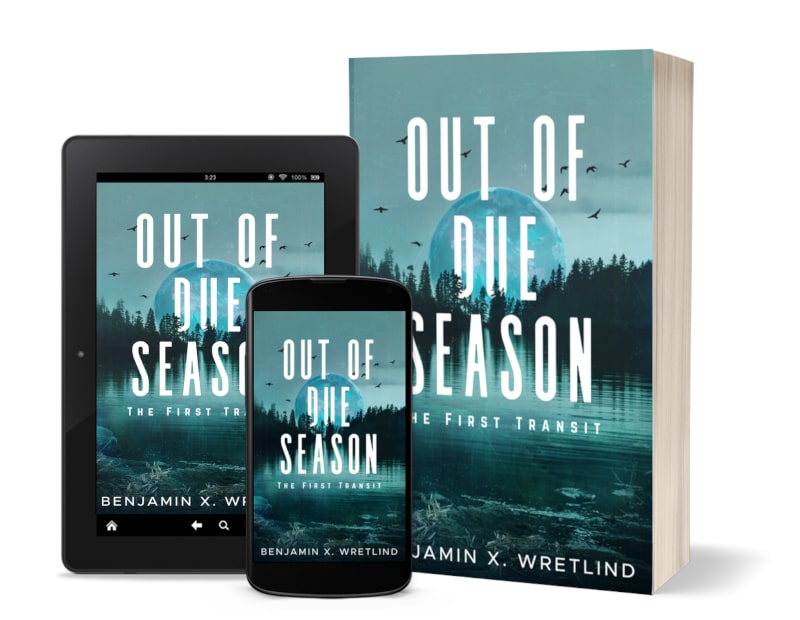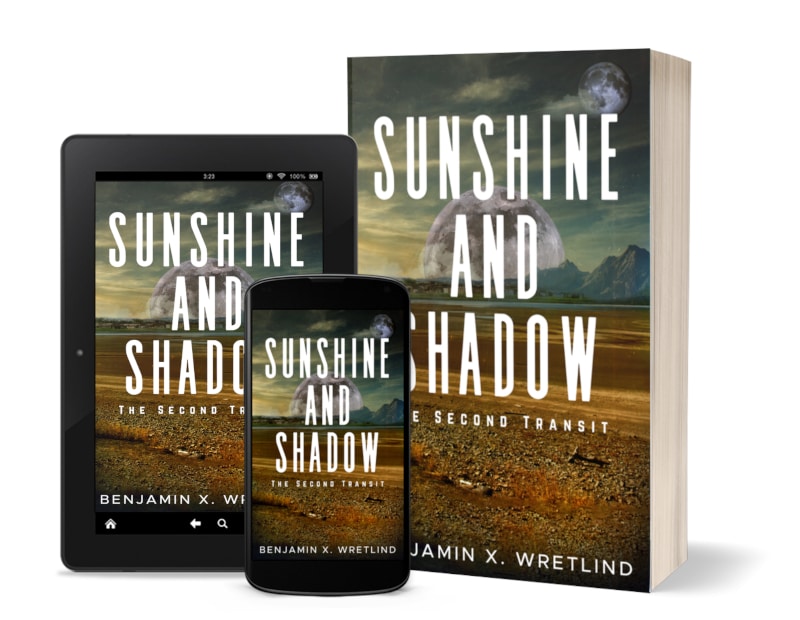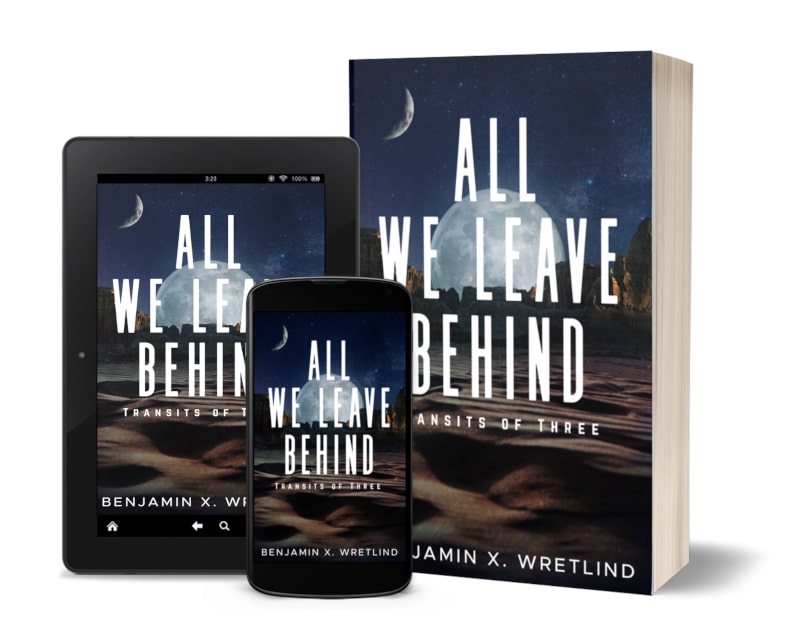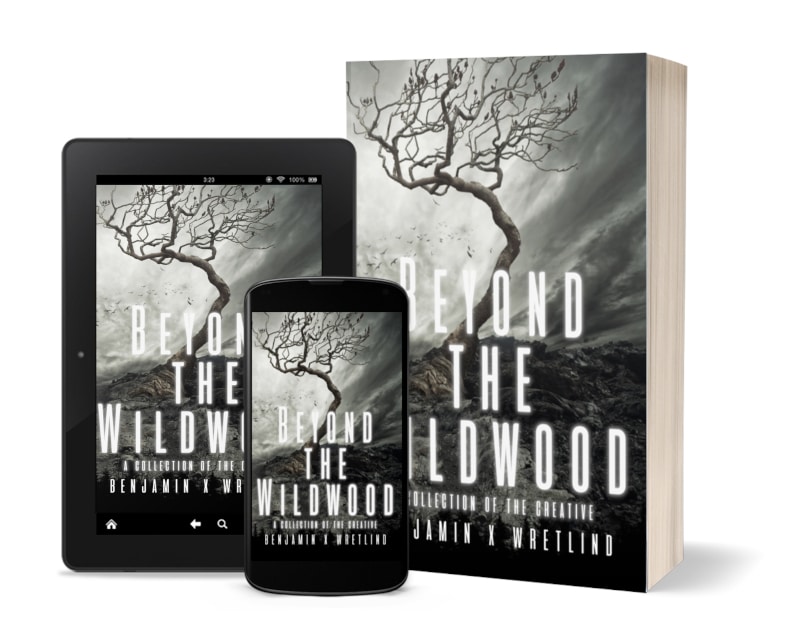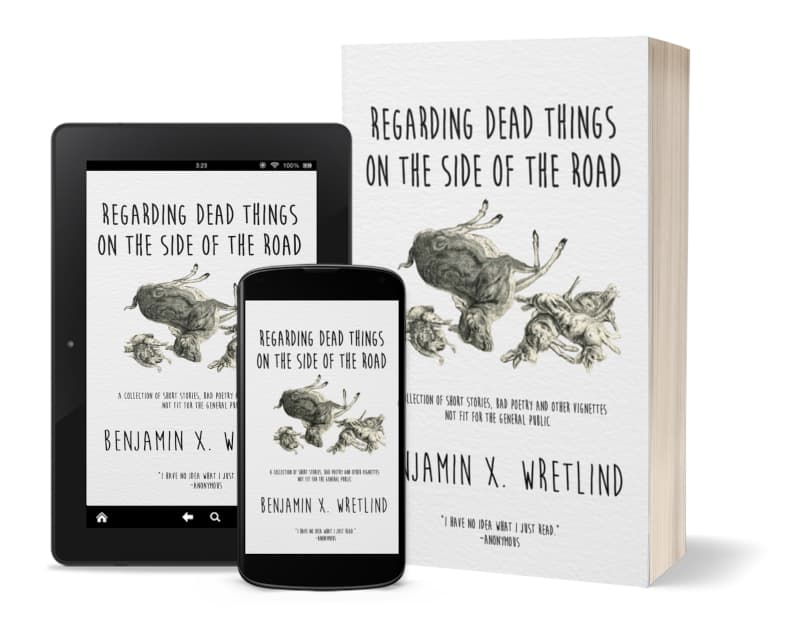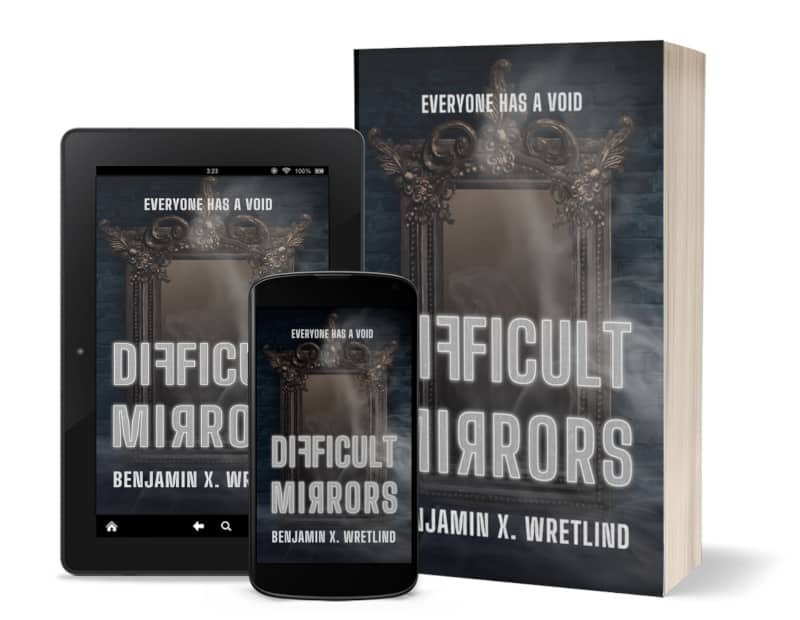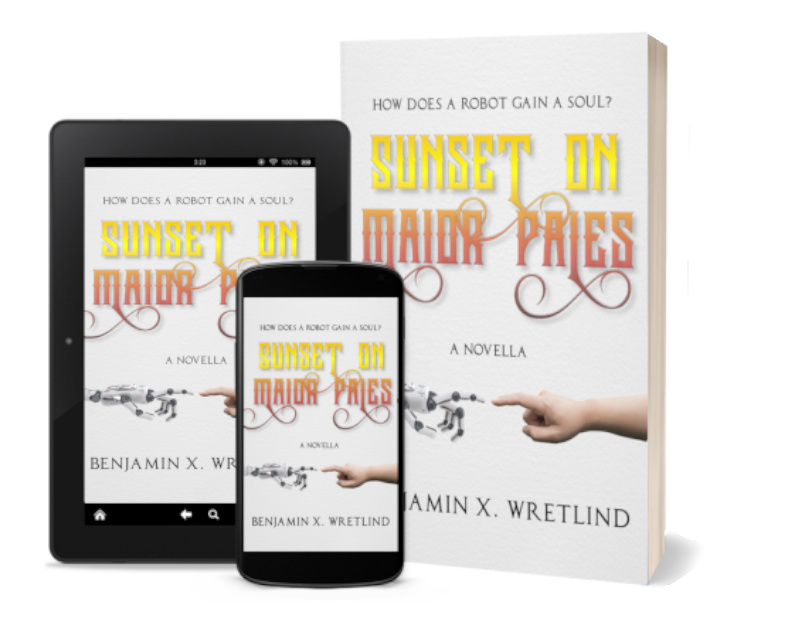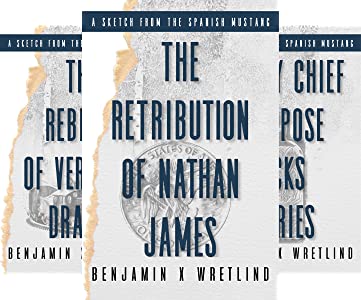Write, Rinse, Repeat (Or: the Drunk Ex-CIA Agent Finds the Treasure and Saves the World!)
Write, rinse, repeat….Once upon a time I read a Facebook comment on David Morrell’s page which made me think about what I read more than I normally think about what I read. For reference (I save things), the comment was this:
“The Tor editor and I discussed a number of situations in thrillers that are looking repetitive. One–the serial killer novel–is its own sub genre and somehow keeps going. Then there’s the really really really bad Muslim terrorist being hunted by the dysfunctional CIA agent who has a marriage problem, a drinking problem, or an anti-authority problem. Also the long-lost secret in ancient history, the discovery of which affects the fate of the modern world. And the wandering vigilante. It’s my view that some writers are entering the thriller world because it’s hot right now and they’re following the trend, always a mistake.”
I won’t say I don’t like thrillers as mentioned above. Much of my recent reading can be categorized as one of the above books, especially the “long-lost secret in ancient history.” Let’s admit it: we’re often comfortable reading what we know. Repeat.
If I break down my list of books I’ve read since I ran across that comment, about half deal with long-lost secrets. Of the rest: a few nonfiction, a few which deal with monsters chased by an FBI/CIA/NSA/KGB agent (with problems, but not just those mentioned above), a few that might be considered “classics” of the 20th century (mostly Ray Bradbury) and a few “tween” books about vampires, apocalyptic futures populated by kids or vampires running around drinking the blood of kids living in apocalyptic futures.
The rest are just good reads. Repeat.
It’s when I walk through the bookstore that I find Mr. Morrell’s statement even more to the point: the shelves are filled with much of the same material, like a repetitive stream of wannabe’s, has-beens and those who currently have the limelight.
Smart people who write about writing say it doesn’t matter if your plot is the same–it’s how you deliver the plot that makes a difference. There’s nothing new under the sun, or so they say.
I don’t know if that’s true, nor am I going to debate such statements. However, the plethora of stories about long-lost secrets stumbled across by drunk ex-CIA agents who turn into wandering vigilantes is growing in number and I don’t think the tide will ebb any time soon. Perhaps this is in part thanks to Dan Brown and his DaVinci Code, which wasn’t the first such book but made a few folks’ mouths water with his 20+ million sales. It certainly brought the lost-secret plot into the mainstream with a vengeance.
Or maybe it was Clive Cussler. Or Lee Child. Or Douglas Preston. Or Ian Fleming….
(No, not Ian Fleming. James Bond is different. But I digress.)
It’s obvious (and okay) that publishers are out for the bottom line: it’s good for capitalism and all that. That’s not the point here.
When I read, I honestly do so for entertainment. Thrillers are fun. Long-lost secrets are engaging. Books about vampires rampaging through an apocalyptic world are very…escapist.
However, I also read for style, to broaden my horizon of plots or ideas, and–because I am nice–to support those writers I have found to be good yet unheard of, whether they be self-published or picked up by small presses.
Is what drives sales the thing that is hot at the moment? Is it possible those aforementioned publishers really want to broaden our horizons?
Does it matter?
What if what you like to read is taken away from you because someone in some crystal palace decided that it wasn’t popular enough at the moment to sign on new writers?
What if books about drunk ex-CIA agents seeking long lost treasures in a world full of vampires became obsolete?
Does it matter what they think?
I say “No.”
I say “Go on and read that story.”
I say “Go on and write that story that you know you love to read.”
I say “Write, Rinse, Repeat.”



